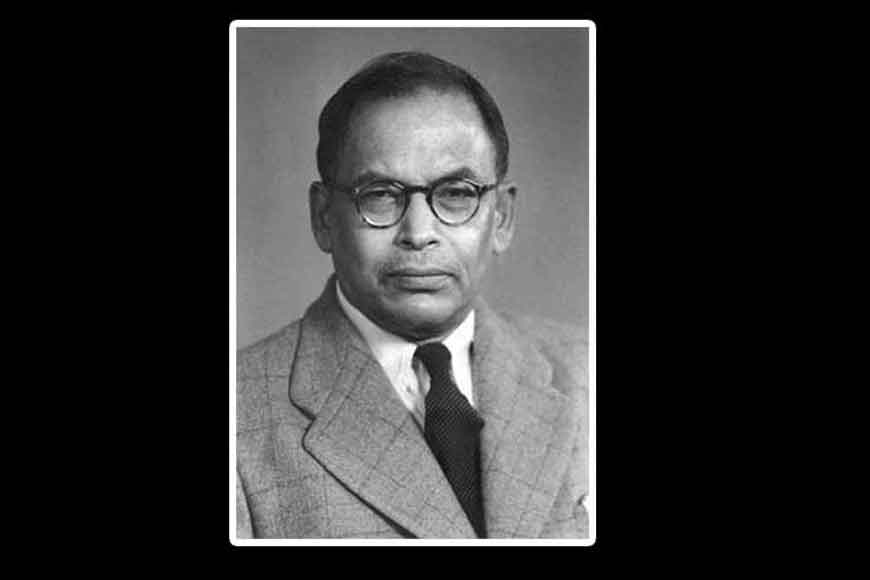How was scientist Meghnad Saha as a Parliamentarian?

He was one of the most prominent architects of modern science in India. He was a physicist of international repute and his theory of thermal ionization was a path-breaking dimension in astrophysics. But what is not known about this great son of Bengal, is his work a as a Parliamentarian and how he realised education is the key to India’s success and the utter lack of it in a post-independent India. Born on October 6, 1893 in a small village of Dhaka, his name was even proposed for the Nobel Prize, but he never got his due recognition being the son of India, that was then ruled by the British.
And just as the stars and supernova attracted this scientist, so did problems of food, clothing, eradication of poverty, education of a nation reeling under partition and post-independence trauma. In 1938, Congress convened a meeting in Bombay to discuss various issues and a National Planning Committee was appointed under chairmanship of Jawaharlal Nehru. Saha was a committee member as well as chairman of two sub-committees. He helped in preparing reports of National Planning Committee. But what was surprising is he was dropped from the Planning Commission after independence as he opposed khadi and handloom as the only textile to be sold in India. On the contrary, he advocated large scale industrialization. From various platforms, such as addresses, articles in periodicals, formal and informal discussions and personal communication with friends and colleagues, he promoted economic development plans.
During first few years of independence, he realized there was confusion about priorities and planning, the projects of national importance were not executed properly, higher education was neglected, administrative lapses hampered the progress. He took to the floor of the Parliament to voice his concerns. Interestingly, he was not a part of any political party and hence mobilizing resources, in terms of money and manpower, was difficult. Yet, he contested in 1952 from Calcutta North as an independent candidate. Many students, teachers, friends and colleagues joined his campaign and won with sweeping majority. He took his oath as a Member of Parliament in May 1952. He raised a storm in Parliament debating on national problems such as higher education, river valley projects, large scale industrialization and atomic energy. His speeches, arguments and points he raised in debates in Parliament are full of information and analysis.
In his very first speech in Parliament in 1952, while speaking on address by the President, he said he regret-ted that the President’s address did not refer to the problems of educational reform particularly in the sphere of university and professional education. In 1948, government of India appointed university commission headed by S. Radhakrishnan and Saha was one of its members. The commission recommended creation of an autonomous university grant commission to allot grants to different universities and professional institutes, according to their needs and demands. Even after two years, government paid no attention!
Meghnad Saha had always spoken against provincialism in education, that he could see while working on the education commission. Many universities were being made tools of state policies. The commission was convinced that education should be free from taints of provincialism; universities should train a number of high class workers, in the interests of the country as a whole. Many scientists with meagre means had at-tained international recognition. He expected the coming generations should become far bigger scientists. It was the nation’s duty to provide them with the facilities --- the laboratories and library where they could get their training and serve their country.
We can only hope on this great scientist’s birthday that his dreams of industrialisation, scientific studies and keeping universities outside the ambit of politics is fulfilled.
Source: Meghnad Saha: A Physicist Parliamentarian. https://www.researchgate.net/publication/315575565_Meghnad_Saha_A_Physicist_Parliamentarian.
Available online at http://www.journalcra.com International Journal of Current Research Vol. 8, Issue, 11, pp.41082-41083
Meghnad Saha: A Physicist Parliamentarian (PDF Download Available). Available from: https://www.researchgate.net/publication/315575565_Meghnad_Saha_A_Physicist_Parliamentarian [ac-cessed Oct 06 2017].










